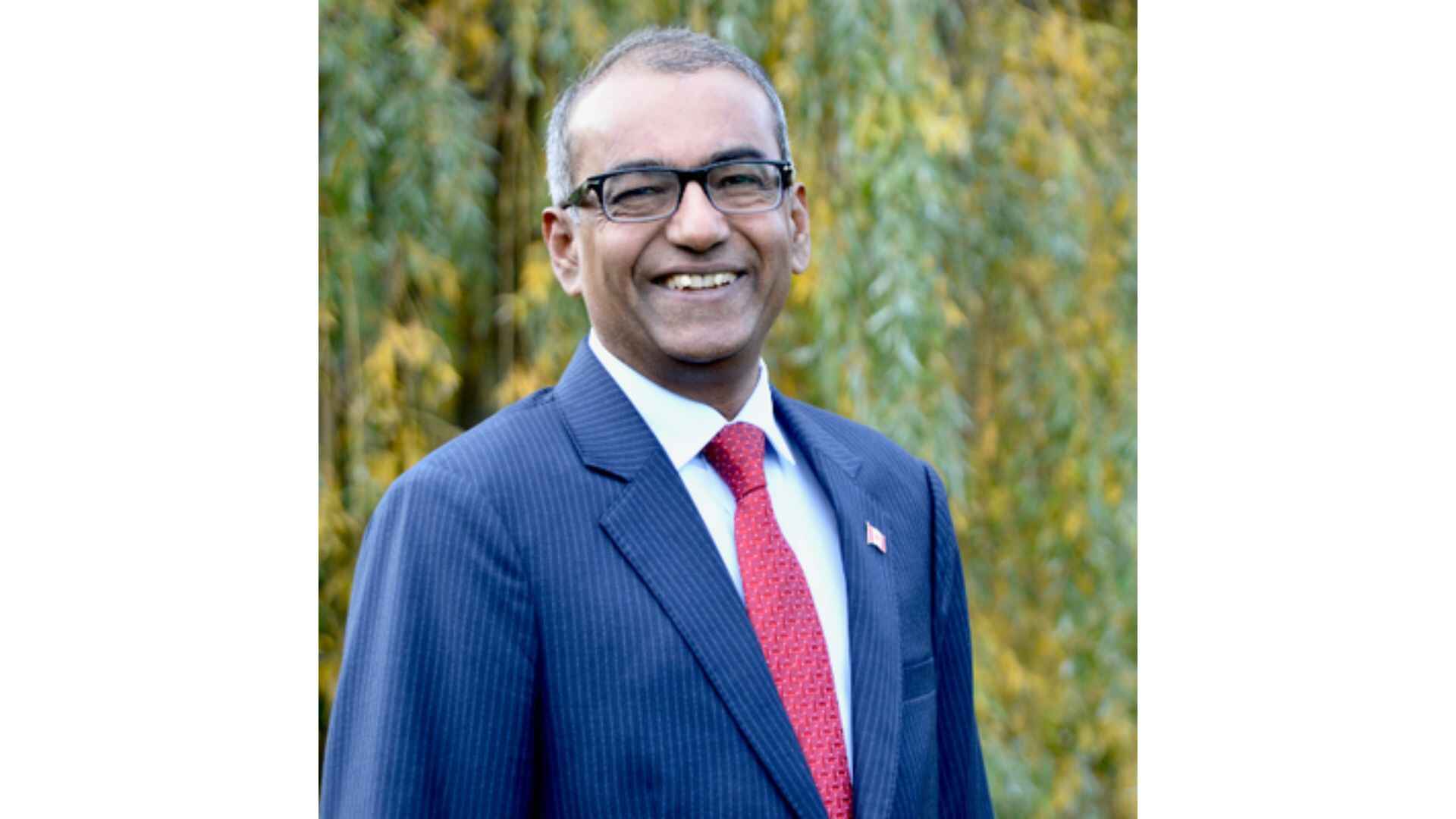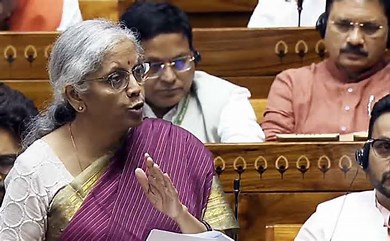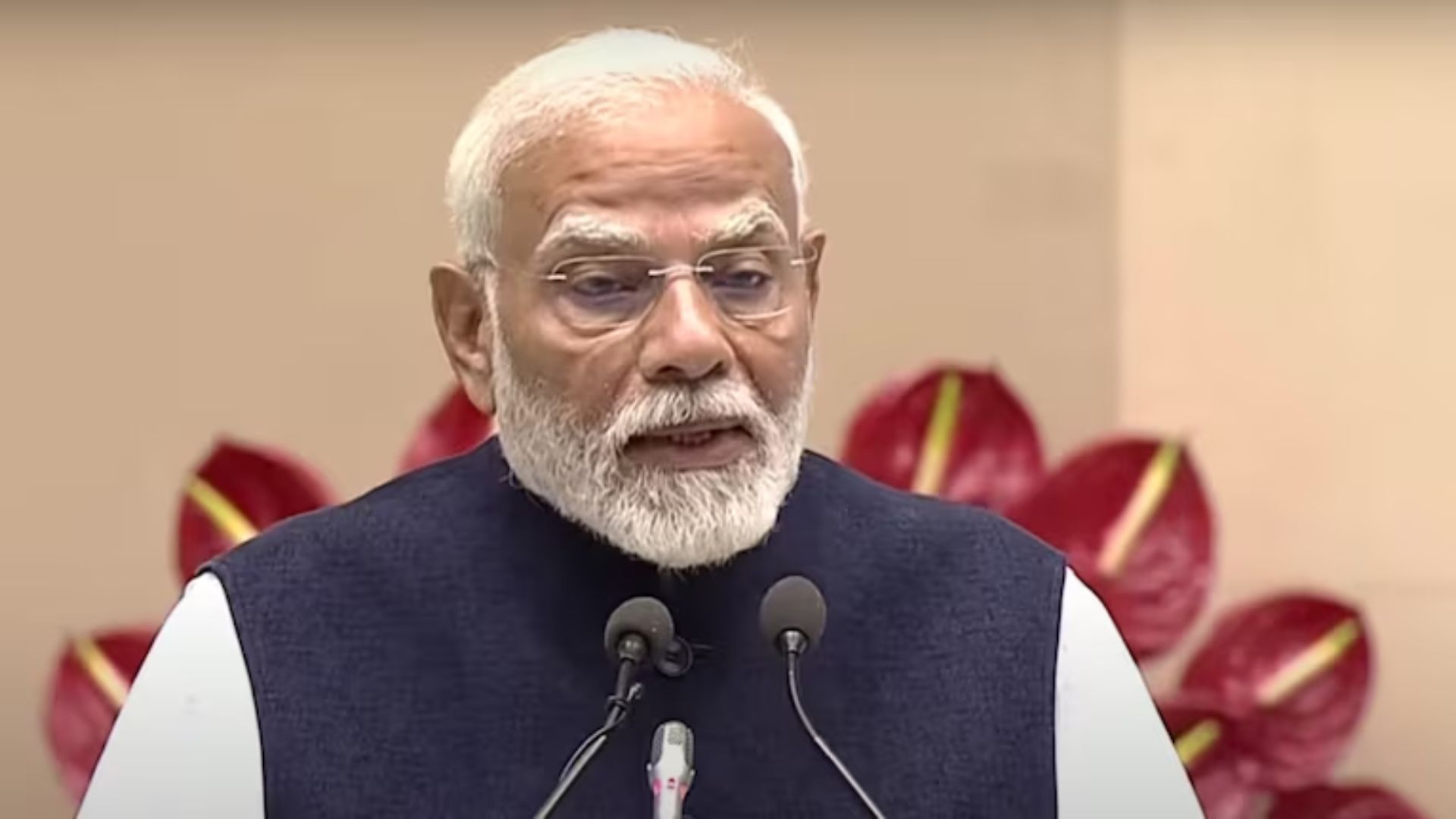India’s 2024 budget has set the stage for a transformative economic journey, with leader=s across various sectors expressing their perspectives on the implications and opportunities of the upcoming budget.
“As we eagerly await India’s Budget 2024, our expectations are clear: a visionary fiscal policy that prioritizes economic resilience and sustainable development. As business leaders, we advocate for measures that promote innovation, enhance digital infrastructure, and bolster healthcare and education sectors. These investments are crucial for creating a robust ecosystem that nurtures entrepreneurship, attracts foreign investments, and ensures job creation across diverse sectors. We urge policymakers to focus on simplifying regulatory frameworks and incentivizing R&D, which are pivotal for enhancing India’s global competitiveness. Moreover, initiatives to strengthen logistics and supply chains will not only drive efficiency but also facilitate seamless integration into global markets. Together, let’s forge a path towards inclusive growth, where every sector thrives, and every citizen benefits from a buoyant economy fueled by thoughtful and strategic budget allocations.” says Mr. Nitin jain, CEO, India PR distribution.
“As leaders in public relations, we eagerly anticipate India’s Budget 2024 as a pivotal moment for shaping the nation’s narrative on economic recovery and growth. Our expectations center on policies that foster transparency, strengthen digital infrastructure, and promote a conducive environment for businesses to thrive. We advocate for initiatives that enhance communication infrastructure, facilitate digital literacy programs, and support small and medium enterprises (SMEs) through effective PR strategies. Moreover, investments in skill development and capacity-building initiatives will bolster our industry’s ability to meet evolving market demands and navigate global challenges. As we look forward to the budget announcement, we encourage measures that prioritize sustainability, inclusivity, and resilience, paving the way for a vibrant PR landscape that contributes to India’s narrative on the global stage.” He added.Nitin Jain is Redefining PR Landscape with Innovation India PR Distribution, the nation’s premier press release agency, pioneers innovative and cost-effective PR solutions.
Mr. Neeraj Lal, COO and Unit Head of Apollo Cancer Centre in Gujarat, emphasized the critical need for enhanced healthcare provisions. “Healthcare is an essential sector requiring substantial budgetary support for expansion, especially in rural areas. Integrating technology through telemedicine and digital health solutions is crucial,” he remarked, stressing on the importance of mental wellness initiatives. Mr. Lal brings over 22 years of extensive experience in Healthcare Management. He holds a Masters in Hospital Administration (MHA) from TISS Mumbai and specializes in Healthcare Operations Excellence, P & L Management, Business Development, Strategy, and Quality Assurance. Mr. Lal is an approved Surveyor for ISQua’s International Accreditation Programme (IAP) and has held senior positions in leading Indian hospitals. He is a certified Internal Auditor for NABH, NABL, and ISO 9001 standards and serves as a guest faculty at various Indian universities and business schools, teaching Hospital Administration and Healthcare Quality programs. Additionally, Mr. Lal contributes as a Board of Advisory member for the MBA (Hospital & Healthcare Management) program at IIM Bodh Gaya and the MBA Healthcare Management program at NMIMS Mumbai. He is also a Certified Assessor for Assisted Reproductive Technology (ART) centres accreditation and the Advanced & Primary Stroke Center Accreditation Program by QAI.
Rajeev Baid, Founder of Chai Chun and Managing Director of Okayti Tea, articulated the tea industry’s expectations. “The budget must prioritize subsidies for modernizing tea processing units and lowering loan interest rates for growers,” Rajeev emphasized. He highlighted the need for infrastructure investments in irrigation and electricity to bolster operations and advocated for tea tourism development to stimulate revenue. Infrastructure investments, particularly in irrigation and electricity, are essential for uninterrupted operations. Additionally, promoting tea tourism by funding the development of hotels and resorts within existing tea gardens will boost the industry’s appeal and generate new revenue streams. Marketing and promotion efforts should focus on brand building, export incentives, and increasing domestic consumption. Emphasizing sustainability through support for organic farming, eco-friendly practices, and waste management programs will help the industry align with global environmental standards. Lastly, reducing GST rates, offering export duty exemptions, tax holidays, and streamlining the regulatory framework will make Indian tea more competitive and attract investment.”
Rajeev Baid’s journey from Kishanganj to leading Okayti Tea Estate showcases his commitment to innovation and quality in India’s tea landscape. His vision includes sustainability measures like organic farming and eco-friendly practices to align with global standards, promoting India’s tea as competitive and eco-conscious.
Ms. Roma Priya, Founder of Burgeon Law said, “The entire nation awaits for Hon’ble Finance Minister Ms Nirmala Sitharaman’s 7th consecutive budget, expecting the announcement of several key measures that can accelerate India’s growth momentum towards becoming a $5 trillion economy. The start-up ecosystem anticipates a transformative phase that could set new benchmarks for innovation and growth. We hope the Government will heed the DPIIT’s recommendation and remove the angel tax on start-ups to send a positive message across startup ecosystem. As startups operate with limited resources, announcing relief on corporate and industry-specific tax will boost both the manufacturing and tech-driven service industry. Increasing the allocation for Startup India Seed Fund Scheme and similar programs and their effective implementation will also attract foreign startups based in India with a huge potential of domestic capital.
Recently, we witnessed the return of startups like Zepto, Meesho and Pine Labs. We encourage the Government to seize this opportunity by offering incentives to attract more startups to reverse flip their structures back to India, thereby enhancing job creation and opportunities within the country. To support startups, ESOPs should be taxed only at the final sale of shares. With the rise of startups in EV, deep tech, AI, defense, and space sectors, we hope for increased government allocation to these domains, reinforcing India’s position as a global tech powerhouse. We look forward to the measures that will drive the entrepreneurial ecosystem.”
As India navigates through economic challenges, leaders like Mr. Nitin, Mr. Lal, Mr. Baid and Ms. Priya stand at the forefront, advocating for sector-specific reforms to drive growth and sustainability. The 2024 budget marks a critical juncture in shaping India’s economic trajectory, with these insights guiding the way forward.













